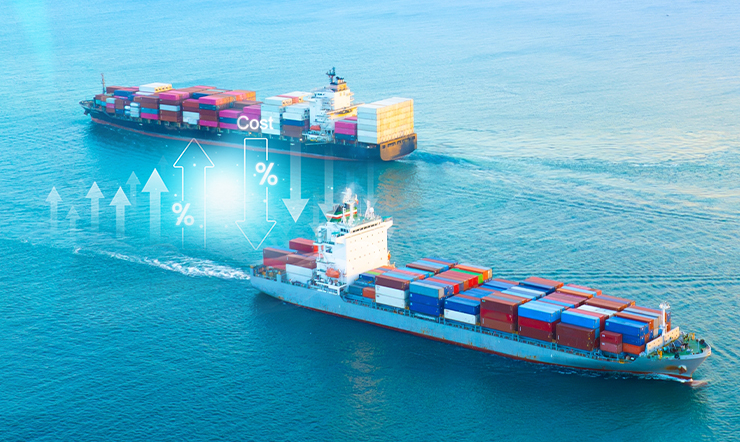
Import duties can heavily impact a company’s bottom line, especially for businesses dependent on global suppliers. For one European e-commerce company specializing in tandem and e-bikes, managing rising import costs and restrictive quotas became a critical challenge.
This blog explores how the consulting firm Streamliners helped the company bypass these obstacles and unlock significant cost savings.
An e-commerce company sourced most of its bikes from China, where it faced two major issues:
These restrictions pressured the business to find alternative suppliers or reduce shipments, neither of which was sustainable in a competitive market.
Streamliners approached the challenge by analyzing the company’s existing supply chain, focusing on procurement methods and customs regulations.
The team quickly identified a solution: while the import duties and quotas applied to fully assembled bikes, individual components, and spare parts were subject to lower duties and no quotas. This insight paved the way for a shift in the company’s logistics strategy.
To optimize the company’s imports, Streamliners recommended switching from complete bike shipments to individual components. The key elements of this strategy included:
The strategic shift to importing components yielded impressive results.
This optimized import strategy not only reduced operational costs but also gave the company greater flexibility. It could now respond faster to market demands without worrying about import caps. Additionally, the new logistics model created opportunities for the business to explore new product lines and expand inventory efficiently.
This case study highlights the importance of strategic supply chain management in overcoming regulatory challenges. Streamliners’ deep knowledge of customs regulations and logistics provided the client with a sustainable competitive advantage. Businesses can draw several lessons from this example:
Streamliners’ solution demonstrates how aligning logistics strategies with trade regulations can unlock hidden savings and operational flexibility. By helping the e-commerce company rethink its supply chain, Streamliners reduced costs, bypassed import quotas, and enabled sustainable growth.
For manufacturers and e-commerce businesses facing similar challenges, import duty optimization offers a practical way to protect margins and maintain competitiveness in a global market.
In today’s interconnected economy, navigating trade complexities requires more than just finding the cheapest supplier—it demands strategic thinking, expert knowledge, and innovative solutions. With the right guidance, businesses can turn regulatory challenges into opportunities for long-term success.